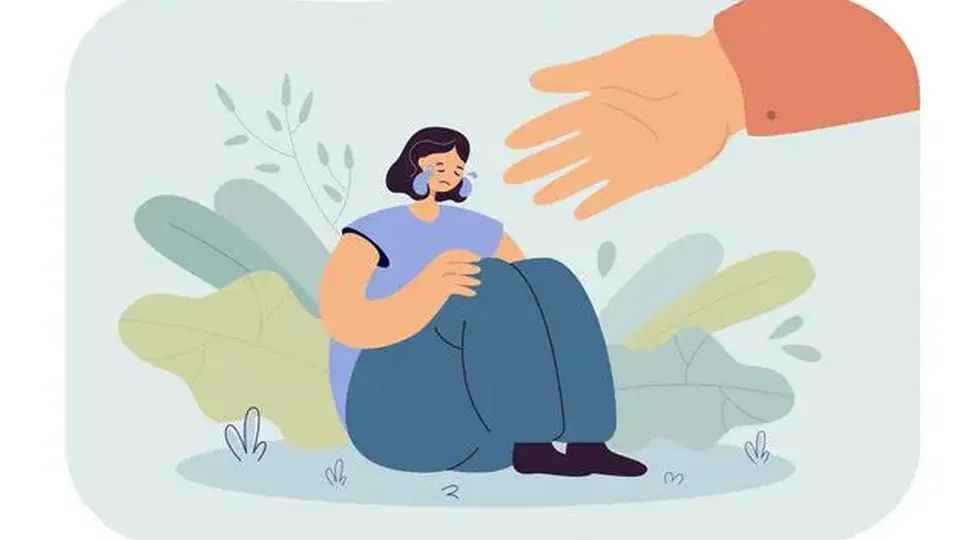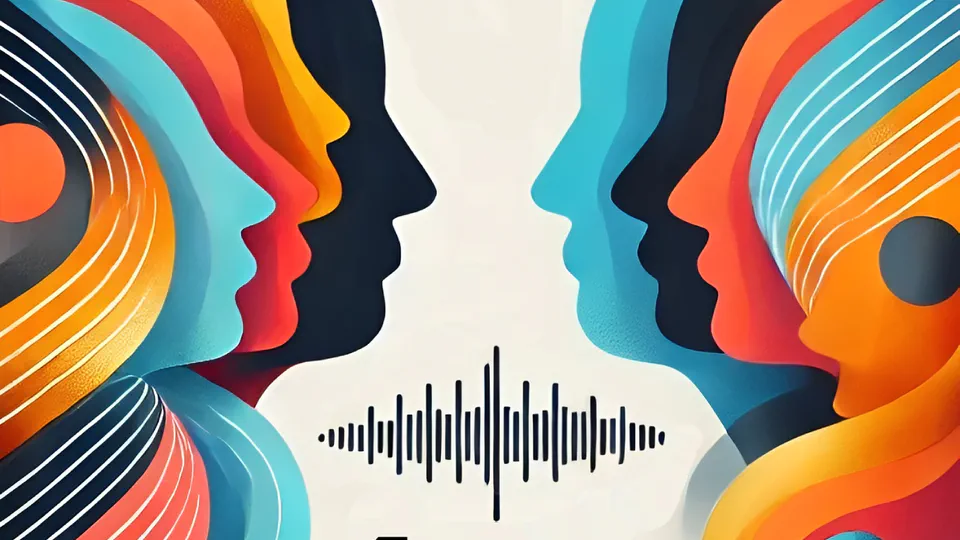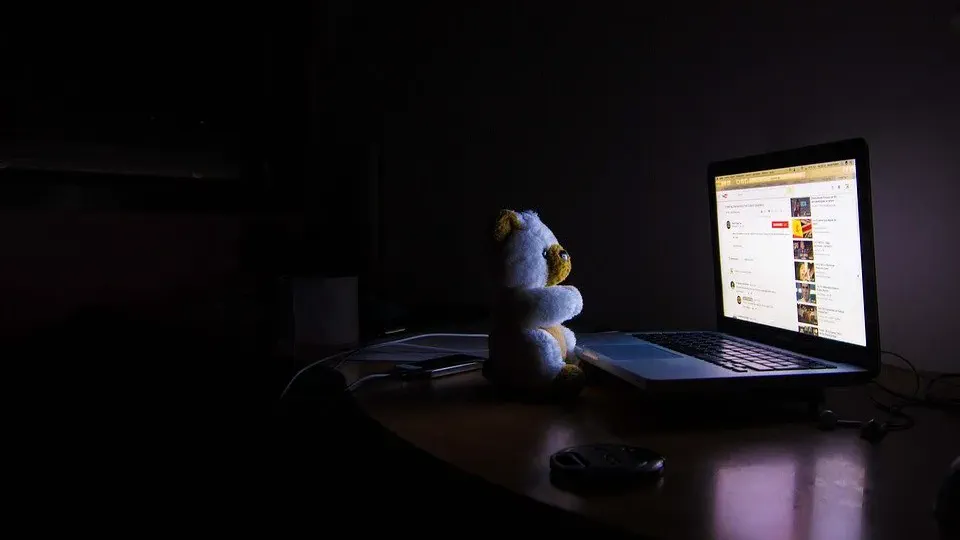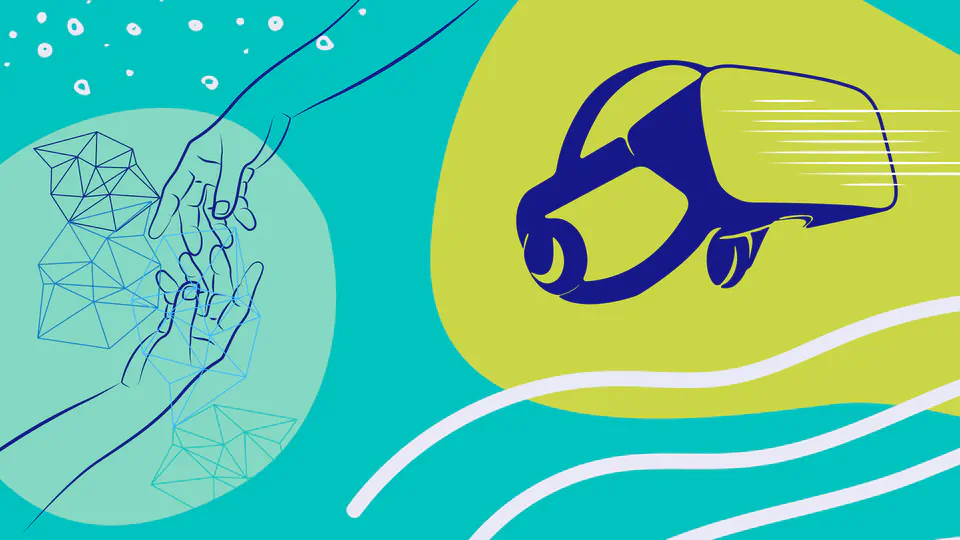About Me
Matilde Tassinari, Ph.D., is a post-doctoral researcher at the University of Helsinki, Finland, specializing in the intersection of virtual reality and social psychology. She holds a Master’s degree in Community Psychology from the University of Padua, Italy, and a Ph.D. in Social Psychology from the University of Helsinki, Finland. Her doctoral research focused on prejudice reduction through intergroup contact in virtual reality, integrating social psychology and VR for the first time. Her work examines how interactions in immersive environments influence our social self and the impact of new technologies on social psychology research. She is particularly interested in how VR can serve the social good by promoting equality and addressing social issues.
- Intergroup relations
- Virtual Reality
- Socioeconomic inequality
- Artificial intelligence
Ph.D. in Social psychology
University of Helsinki
M.Sc., Psychology of community, wellness promotion and social change
University of Padua
B.Sc., Developmental, personality and interpersonal relationships psychology
University of Padua
Read my blog on Psychology Today
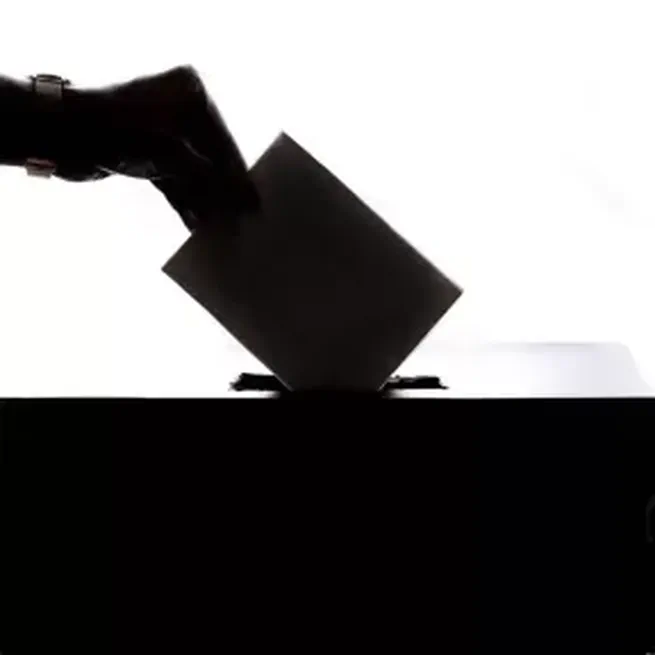
A Swiss study found that VR presentations led to more positive votes, regardless of negative framing. VR’s immersiveness can override content, influencing political decisions through experience. Most participants using VR did not detect whether the content was pro or con.
Jul 24, 2025

A recent virtual reality study explored implicit gender bias. In the study, harassment felt real when participants occupied the opposite-gender body Men embodying women showed a reduction in implicit bias.
Jun 16, 2025
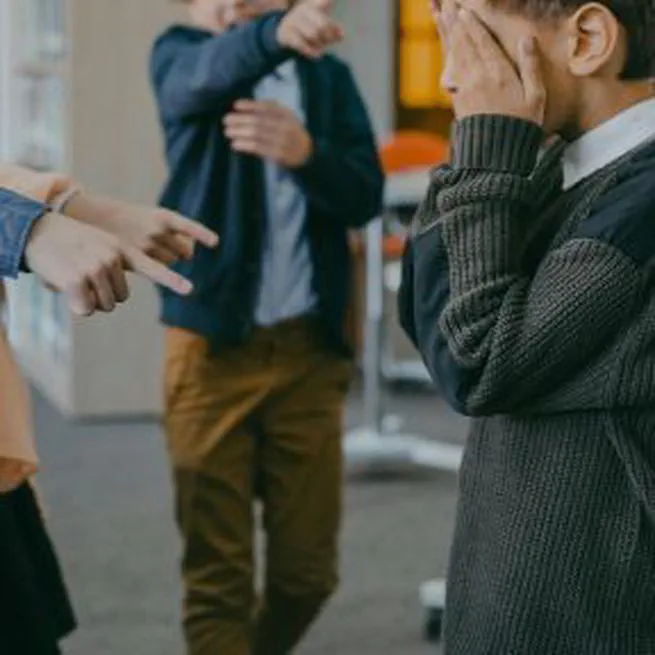
A pilot study in U.S. middle schools demonstrated that a VR-enhanced bullying prevention curriculum significantly increased students' empathy and reduced bullying behaviors, fostering a stronger sense of belonging. By allowing students to experience bullying scenarios immersively, VR effectively reduces psychological distance, making the impact of bullying more immediate and personal.
May 19, 2025

A new study reveals that experiencing homelessness through immersive Virtual Reality (VR) significantly reduces negative attitudes and increases willingness to help unhoused individuals, with effects lasting over a week. By allowing participants to feel social exclusion firsthand, VR effectively closes the "empathy gap," offering a powerful tool for promoting compassion and social change.
Apr 22, 2025
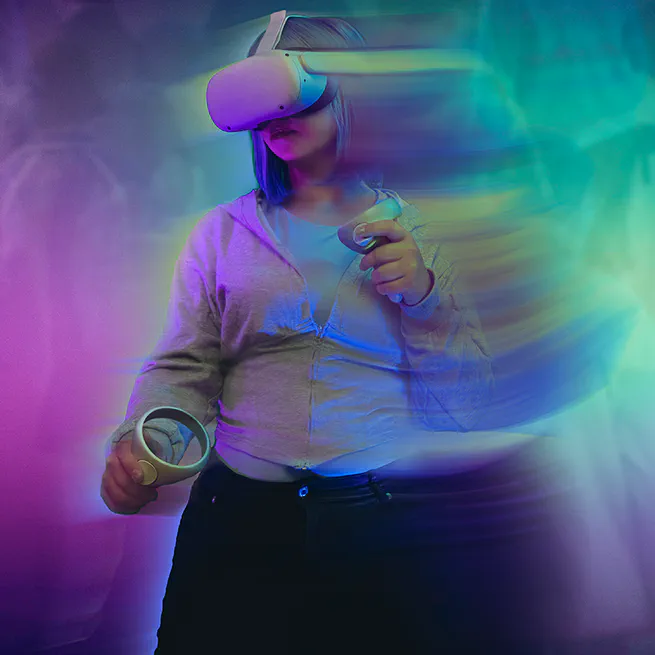
A new study utilized virtual reality (VR) and fMRI to measure real-time brain activity and emotional responses to different social groups, revealing how subconscious stereotypes are triggered by perceived warmth and competence. Findings show that physical proximity to negatively stereotyped outgroup members, even in VR, can evoke discomfort, suggesting VR's potential as a unique tool for studying and possibly reducing prejudice.
Mar 18, 2025
